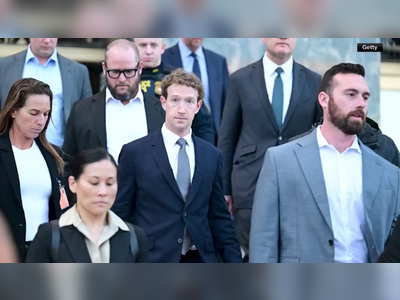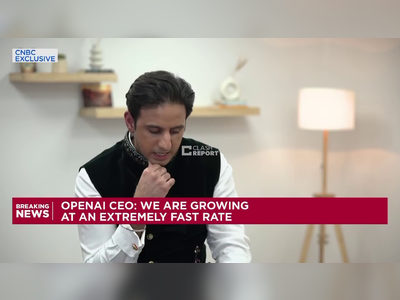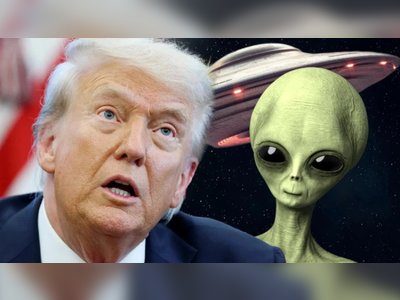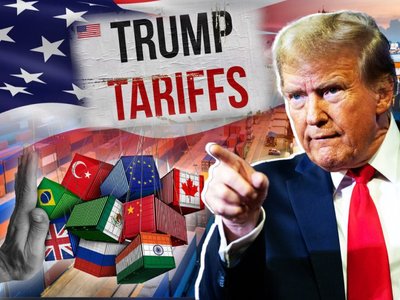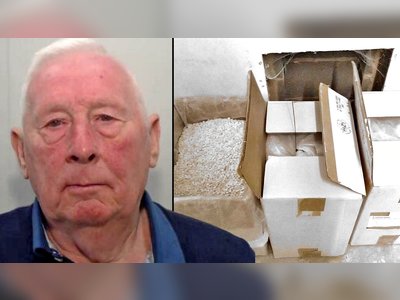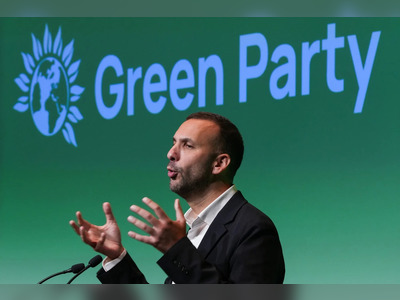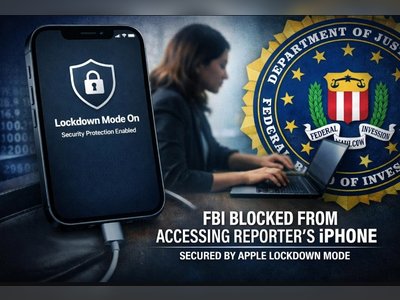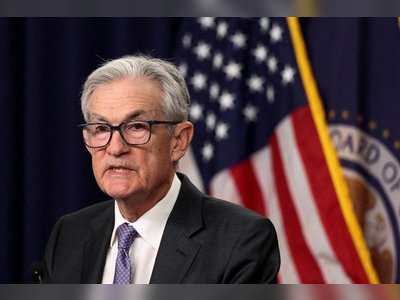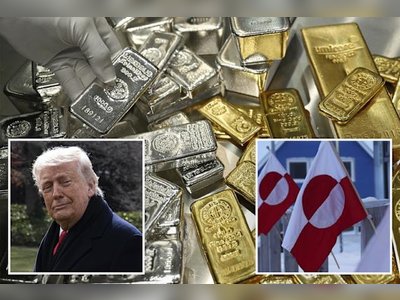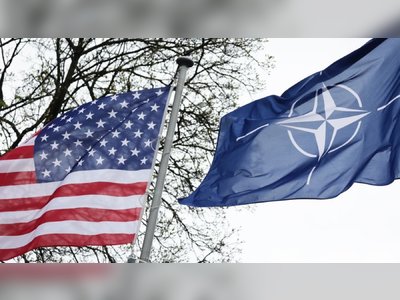Pope Leo XIV Elected: A Historic Moment for the Catholic Church
Robert Francis Prevost becomes the first American pope, raising expectations for his leadership amid global challenges.
On May 8, 2025, Robert Francis Prevost was elected as the 267th pope of the Roman Catholic Church, taking the name Pope Leo XIV. His election marks a significant milestone as he is the first pope from the United States, breaking a historical taboo where it was believed that no pope could hail from a major power.
The conclave that led to his election was notably swift, concluding in just 24 hours with four voting rounds.
Prevost’s candidacy had been well-established due to his extensive career within the Church, where he garnered respect from his fellow cardinals, particularly those from Latin America, North America, and European Spanish and Portuguese-speaking nations.
Born in Chicago in 1955 to a culturally diverse family, Prevost's educational path began in the United States, leading him to join the Augustinian order where he served as a missionary in Latin America.
He later rose to prominence as the superior general of his order before being appointed bishop in Peru by Pope Francis, a position that imbued him with significant administrative and pastoral experience.
His background has provided him with a unique perspective on the global Catholic Church, advantageous in light of current ecclesiastical challenges.
The choice of the name Leo XIV reflects his admiration for Pope Leo XIII, who is recognized for his contributions to the Church's social doctrine and his engagement with the complexities of modernity.
This choice is seen as particularly poignant given the current climate within American Catholicism, where issues like economic and social justice remain pressing.
Prevost is anticipated to face immediate challenges upon commencing his papacy, including addressing the persistent issue of sexual abuse within the Church.
His prior experience in Peru and at the Vatican as the prefect of the Dicastery for Bishops contributed to his approach toward addressing these sensitive matters.
The recent history of abuse scandals within the Church presents significant hurdles that he must navigate responsibly.
In his initial public appearance, Pope Leo XIV emphasized themes of unity, reflecting the contemporary divisions within the Church.
As an Augustinian theologian, he has emphasized the importance of ecclesial unity, a priority that resonates deeply in a context where divisions are pronounced, especially in the United States.
Amidst ongoing crises, including the geopolitical landscape and internal Church disputes, the Vatican's decision to elect a North American pope may signal an intention to recalibrate its engagement with global issues.
His administration may also necessitate a response to the implications of his predecessors' policies and the evolving religious landscape, particularly regarding interreligious dialogue, especially with Islam.
As he begins his papacy, Pope Leo XIV confronts declining church attendance and vocations in the West, alongside the contentious questions surrounding liturgical practices and the Church’s stance on contemporary moral questions, such as the blessing of same-sex unions and the participation of divorced and remarried Catholics.
These topics remain divisive and are expected to require careful mediation.
In the context of the ongoing conflict in Ukraine, Leo XIV's perspective may differ notably from that of Pope Francis, emphasizing a pursuit of 'authentic, just, and lasting peace.' This approach may shift the Vatican's historical alignments, potentially recalibrating relationships with global powers, particularly concerning Russia.
Pope Leo XIV's papacy is poised to represent a historical moment for Catholic institutions, particularly as they grapple with shifting societal values and an urgent need for administrative responsiveness amidst ongoing crises in faith and practice.
His success in leading the Church’s mission both internally and externally will be closely observed by both adherents and observers alike.
The conclave that led to his election was notably swift, concluding in just 24 hours with four voting rounds.
Prevost’s candidacy had been well-established due to his extensive career within the Church, where he garnered respect from his fellow cardinals, particularly those from Latin America, North America, and European Spanish and Portuguese-speaking nations.
Born in Chicago in 1955 to a culturally diverse family, Prevost's educational path began in the United States, leading him to join the Augustinian order where he served as a missionary in Latin America.
He later rose to prominence as the superior general of his order before being appointed bishop in Peru by Pope Francis, a position that imbued him with significant administrative and pastoral experience.
His background has provided him with a unique perspective on the global Catholic Church, advantageous in light of current ecclesiastical challenges.
The choice of the name Leo XIV reflects his admiration for Pope Leo XIII, who is recognized for his contributions to the Church's social doctrine and his engagement with the complexities of modernity.
This choice is seen as particularly poignant given the current climate within American Catholicism, where issues like economic and social justice remain pressing.
Prevost is anticipated to face immediate challenges upon commencing his papacy, including addressing the persistent issue of sexual abuse within the Church.
His prior experience in Peru and at the Vatican as the prefect of the Dicastery for Bishops contributed to his approach toward addressing these sensitive matters.
The recent history of abuse scandals within the Church presents significant hurdles that he must navigate responsibly.
In his initial public appearance, Pope Leo XIV emphasized themes of unity, reflecting the contemporary divisions within the Church.
As an Augustinian theologian, he has emphasized the importance of ecclesial unity, a priority that resonates deeply in a context where divisions are pronounced, especially in the United States.
Amidst ongoing crises, including the geopolitical landscape and internal Church disputes, the Vatican's decision to elect a North American pope may signal an intention to recalibrate its engagement with global issues.
His administration may also necessitate a response to the implications of his predecessors' policies and the evolving religious landscape, particularly regarding interreligious dialogue, especially with Islam.
As he begins his papacy, Pope Leo XIV confronts declining church attendance and vocations in the West, alongside the contentious questions surrounding liturgical practices and the Church’s stance on contemporary moral questions, such as the blessing of same-sex unions and the participation of divorced and remarried Catholics.
These topics remain divisive and are expected to require careful mediation.
In the context of the ongoing conflict in Ukraine, Leo XIV's perspective may differ notably from that of Pope Francis, emphasizing a pursuit of 'authentic, just, and lasting peace.' This approach may shift the Vatican's historical alignments, potentially recalibrating relationships with global powers, particularly concerning Russia.
Pope Leo XIV's papacy is poised to represent a historical moment for Catholic institutions, particularly as they grapple with shifting societal values and an urgent need for administrative responsiveness amidst ongoing crises in faith and practice.
His success in leading the Church’s mission both internally and externally will be closely observed by both adherents and observers alike.
